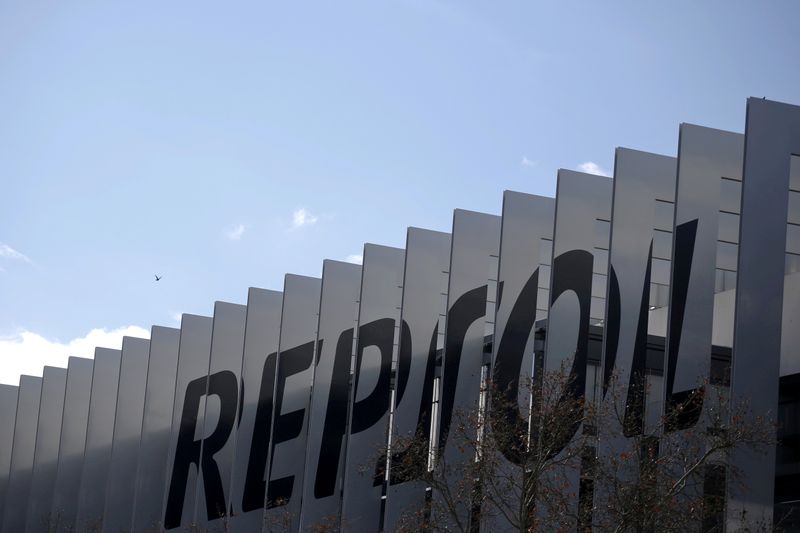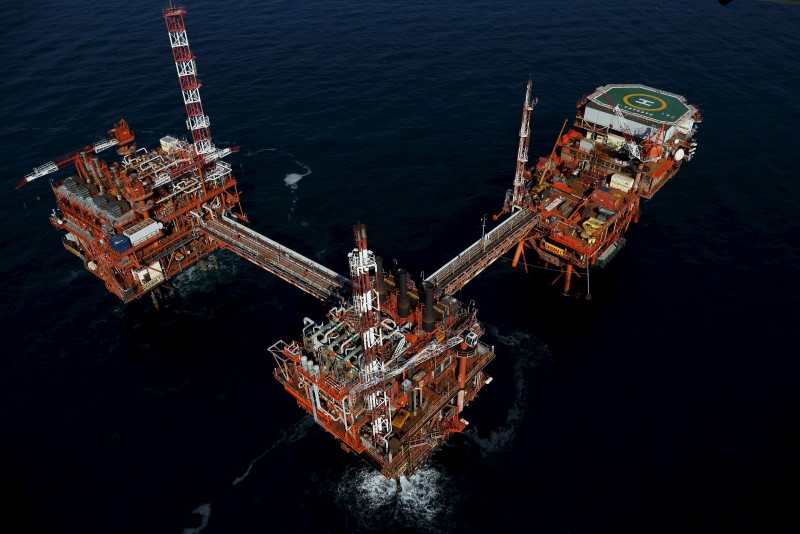LONDON (Reuters) - Spanish energy major Repsol (MC:REP) lowered its oil price (LCOc1) assumptions on Thursday, bringing its long-term outlook in line with most European rivals which have booked writedowns and leaving Equinor as a bullish outlier in the sector.
Repsol took a writedown of $1.5 billion in second-quarter results, after it had already booked 5.7 billion euros ($6.61 billion) in upstream asset impairments last year.
It had previously assumed oil prices might reach $87 a barrel in 2035, adjusting for inflation, but has now revised its headline figure to an average of $59.6 a barrel until 2050 in this year's prices.
Equinor (OL:EQNR) forecasts oil prices to jump to around $80 a barrel in 2030, in 2019 prices.
This month, Eni (MI:ENI) announced a 3.5 billion euro impairment on the value of its assets after revising down its long-term oil price outlook.
That came on the back of Royal Dutch Shell's (L:RDSa) $22 billion writedown last week and BP 's (L:BP) $17.5 billion hit in June.
While break-even prices for new development projects typically lie below future oil price assumptions, these writedowns have raised questions about the risk of stranded assets - or resources that are left underground because they are uneconomical to tap - in the oil and gas sector.

Here is a graphic showing the varying oil price assumptions among European energy majors: https://fingfx.thomsonreuters.com/gfx/ce/yzdvxrjzjvx/Majors'%20oil%20price%20assumptions.png
